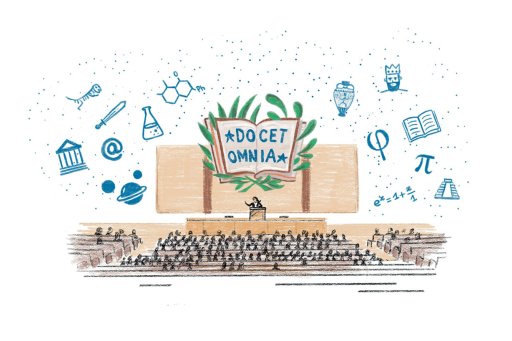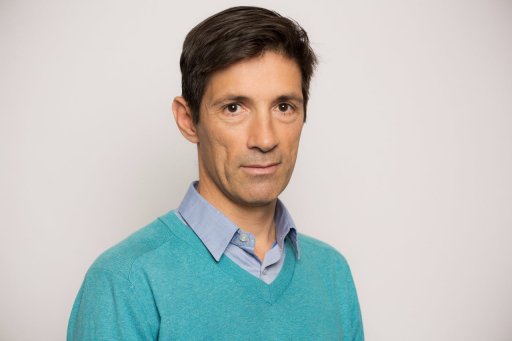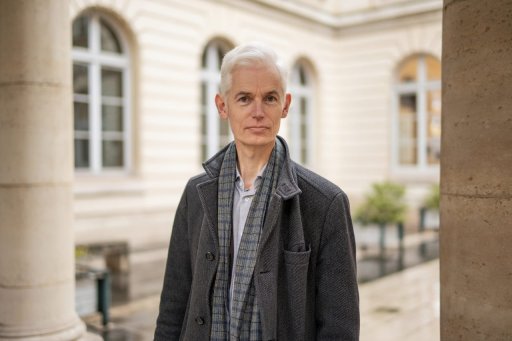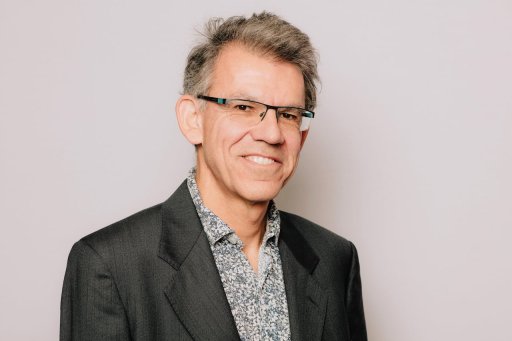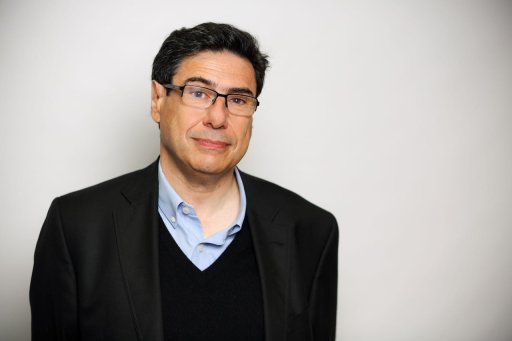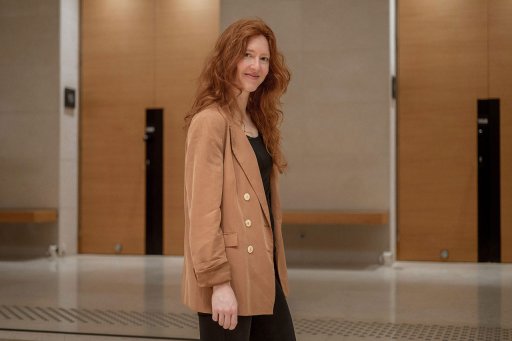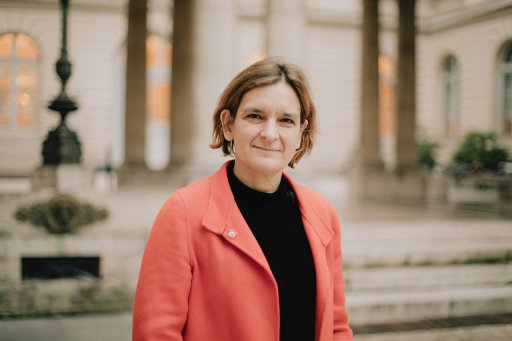As I evoke the life and work of Jean-Christophe Yoccoz, I must tell you that the preparation of this tribute has been painful. Indeed, I had the good fortune to become one of Jean-Christophe's fellow students in September 1973, in my final year at the Lycée Louis-le-Grand. Please forgive the emotion I feel today, for although Jean-Christophe was an exceptional mathematician and a remarkable man, he was, and remains, a friend to me.
Jean-Christophe Yoccoz passed away on September 3, 2016. He was born on May 29, 1957 into a family of academics. His father, a physicist, was for a long time director of IN2P3; his mother was a renowned translator of Russian literature, and both of Jean-Christophe's brothers were also graduates of the Ecole Normale Supérieure. His studies were brilliant: he won silver and then gold medals in the 1973 and 1974 Mathematics Olympiads, and came first in the competitive examinations for the École normale supérieure and the École polytechnique. A student at the ENS from 1975 to 1979, he won the agrégation in 1977. Some of the qualities that would make him the mathematician we know today were immediately apparent in high school: phenomenal speed, dazzling insights, rapid examination of all possible strategies for solving a problem, and almost instantaneous resolution once the right strategy had been identified. What's more, he loves competition, always taking care not to hurt his rivals. His love of competition helps to explain his love of chess and all sports.
In his third year at the École normale supérieure, during a DEA at Orsay, he met the man who was to become his thesis supervisor, Michael Herman, whom he joined in 1979 at the Centre de mathématiques de l'École polytechnique, as a CNRS research associate. Two years later, he left for IMPA in Rio as part of his military cooperation service, where, after Michael Herman, he made the second essential encounter for his scientific development, namely Jacob Palis (and his school). During these years, impressive results accumulated, and shortly after his return to Paris as a CNRS research fellow, still at the École Polytechnique, he defended his state thesis in 1985 under the supervision of Michael Herman, entitled "Centralizers and differentiable conjugation of circle diffeomorphisms".
Mathematical successes and signs of recognition at both national and international level began to accumulate from these years onwards (CNRS bronze medal in 1984, IBM mathematics prize in 1985, Peccot lecture in 1987, Salem prize in 1988, lecturer at the Kyoto congress (ICM 90), Jaffe prize from the Académie des Sciences in 1991, not forgetting of course the Fields medal in 1994).
In just a few years, Jean-Christophe has become the undisputed world leader in what we call "dynamic systems". In continuous time, these are ordinary differential equations, such as Newton's equations governing the motion of bodies like the planets in the Solar System. In discrete time, we simply consider successive iterations of an application. This important field of mathematics was founded by Poincaré, and Jean-Christophe developed and influenced it considerably. To understand the long-time behavior of such systems, particularly at the frontier between chaos and stability, he introduced new methods and tools, such as "Yoccoz puzzles", combining a deep geometric sense and astounding Combinatorics facility. But he was also able to push certain "classical" approaches further than anyone else, thanks to his equally impressive analytical power. A case in point is his work on the definitive extension of Michael Herman's earlier work on KAM theory.
Appointed Professor at the University of Paris-Sud in Orsay in 1988, he became Professor at the Collège de France in the chair of Differential Equations and Dynamical Systems in 1996. Naturally, he was entrusted with many collective responsibilities, which he fulfilled with great dedication. For a long time, he was secretary of our institution's Assembly of Professors. Jean-Christophe's lightning-fast analytical skills were matched by his need to escape, which he did through books, music, sports and chess. He was also fond of long walks, particularly in his beloved Finistère region, which enabled him to put his mathematical thoughts in order.
An exceptional mathematician, Jean-Christophe was also a remarkable man. Remarkable for his kindness and ability to listen to others, remarkable for his tolerance and loyalty, remarkable for his discretion and simplicity, remarkable for his good humor and bursts of laughter, remarkable for his courage. Even in the most trying moments of his illness, he remained resolutely optimistic and always curious about everything: I can remember myself in his hospital room being asked about blockchains and the rules of water polo within days of each other!
A devotee of Brazil - in fact, his wife, who tragically died at a very young age, was Brazilian - this great country was crucial to his mathematical and human development. An avid sportsman (sailing, skiing, rugby, soccer, pétanque, chess...), the Rio Olympics could not but be an important moment for him. In fact, that's what I remember and want to remember about him, the moments we spent together in hospital, watching the sports events, and the amused pleasure of recognizing the road passing in front of IMPA in the terrible final descent of the road cycling events..
Always discreet and simple, with a great modesty of feeling, his love for his family was nonetheless evident, and I am sure that the Collège de France joins me in expressing our sympathy to Jean-Christophe's son Tiago and his family, terribly affected by his death. The Collège has lost a great teacher and scientist. I have lost a great friend.
---
Pr Pierre-Louis Lions, March 26, 2017.





